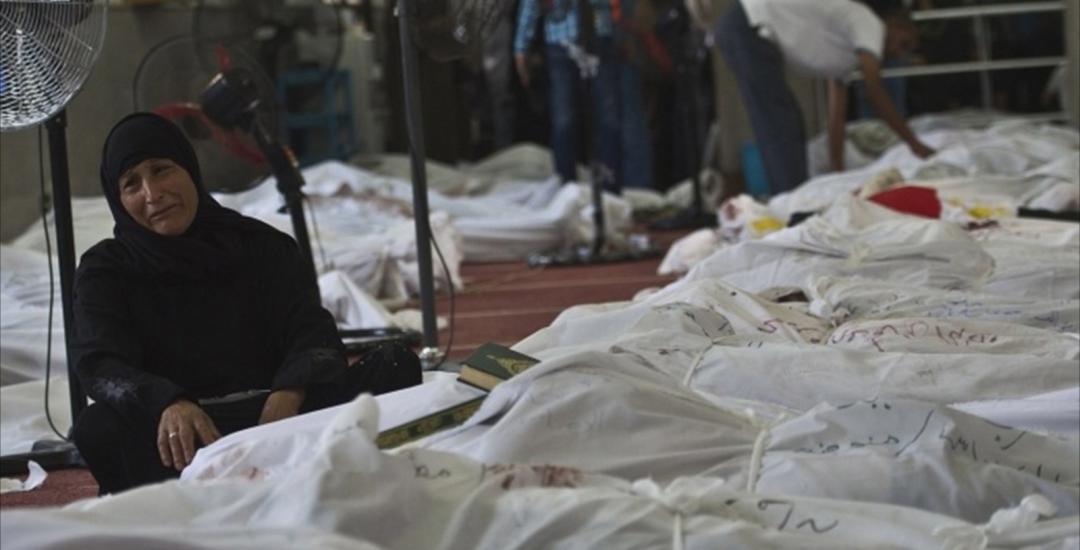
 |
In the early hours of 27 July 2013, at least 100 protestors were killed by the Egyptian security services in the most serious violence since the coup that toppled Mohamed Morsi three weeks ago. The UN High Commissioner for Human Rights should take all the measures she considers useful to to help prevent further violations to the right to life, said Alkarama today in a letter to Navi Pillay.
On Wednesday 25 July, when calling the Egyptian people to fill Egypt's streets in support of the army, General Abdel Fatah Al-Sisi asked for them to give him the mandate to deal with those whom he called 'terrorists', in a speech viewed by many as an attempt to gain popular support for a crackdown against Morsi supporters who have held continuous gatherings throughout Egypt since Morsi's ousting.
While Alkarama is still documenting last night's events, with the aim of establishing an independent narrative of what human rights violations have been committed, early reports indicate that at approximately 3am, the police began by firing tear gas, and then using live ammunition, against protesters gathered around Raba'a Square, the mainstay of pro-Morsi protests since 3 July. Figures on the number of those killed vary, but it appears at least 100 have been killed, shot dead with live ammunition in the head, chest and neck.
After the bloodshed of last night, it appears clear that Egypt is ignoring UN human rights chief Navi Pillay's repeated appeals for calm and a peaceful way forward from all parties. She had already expressed serious concerns about the targeting of protestors on Friday, and on 10 July had requested the authorities allow the visit of an independent fact-finding mission into events since the coup on 3 July.
